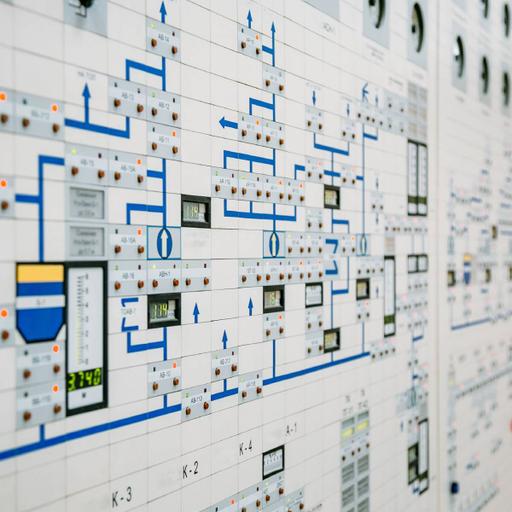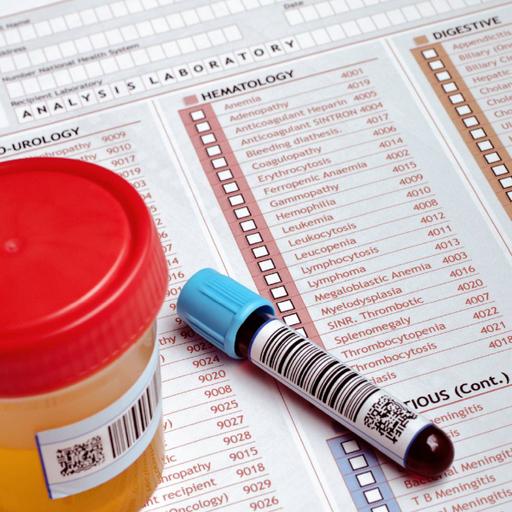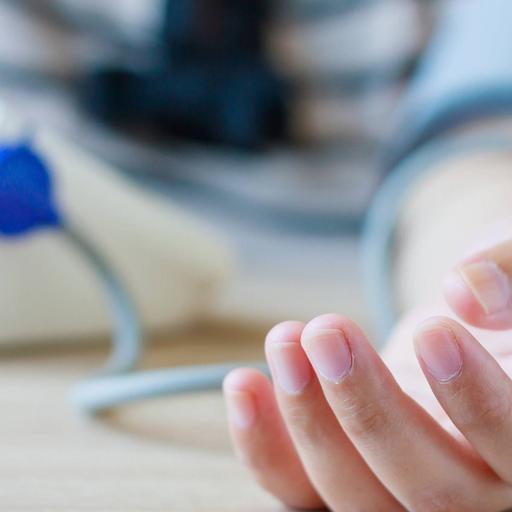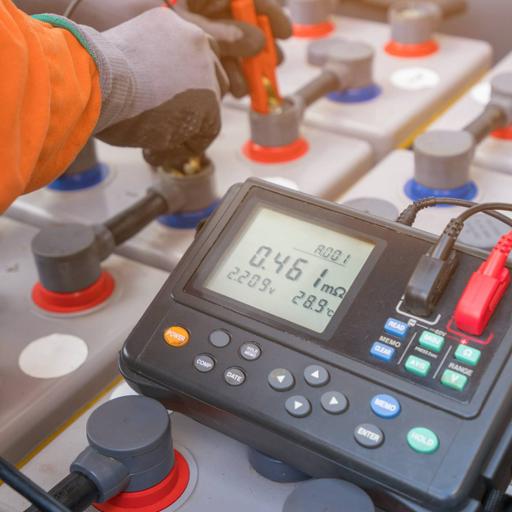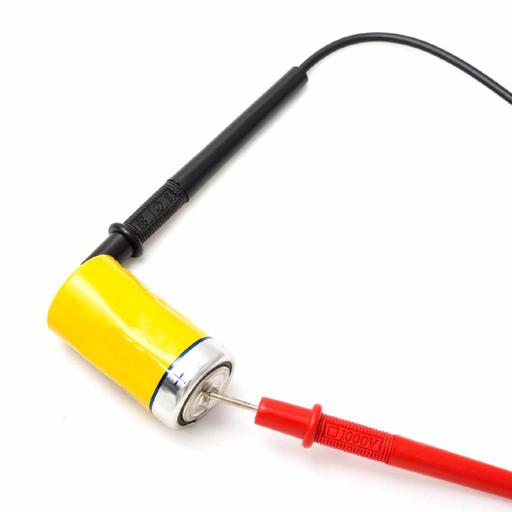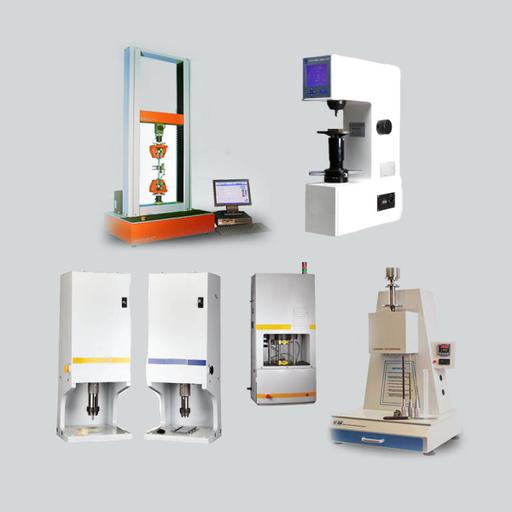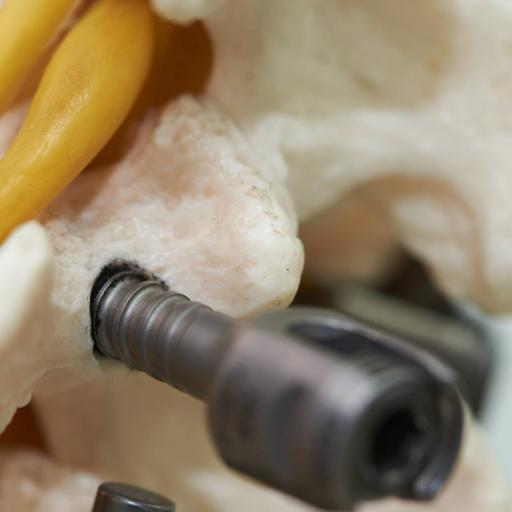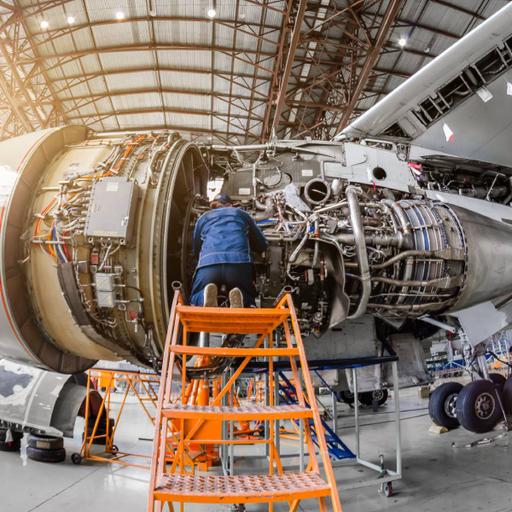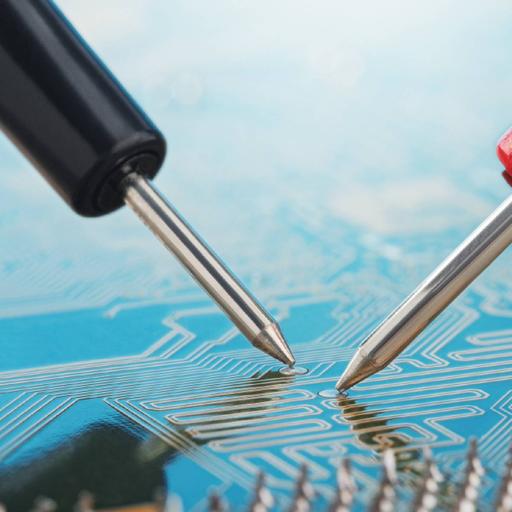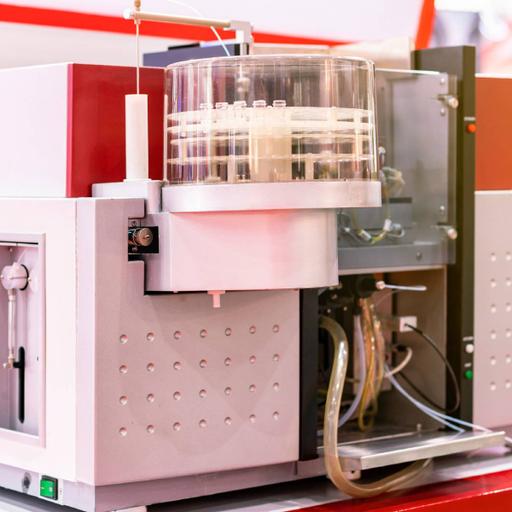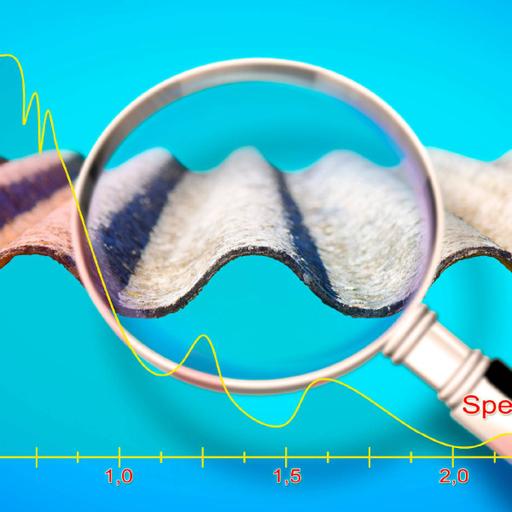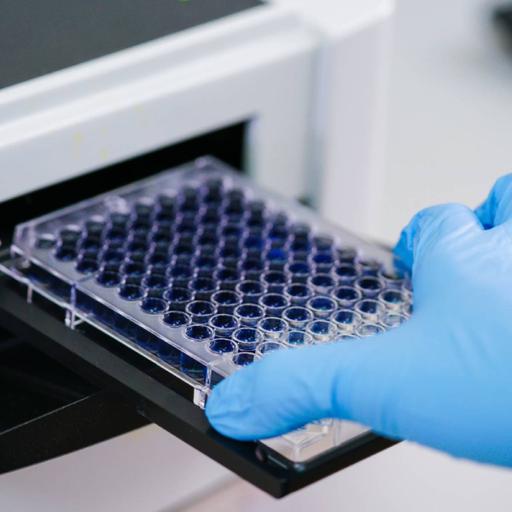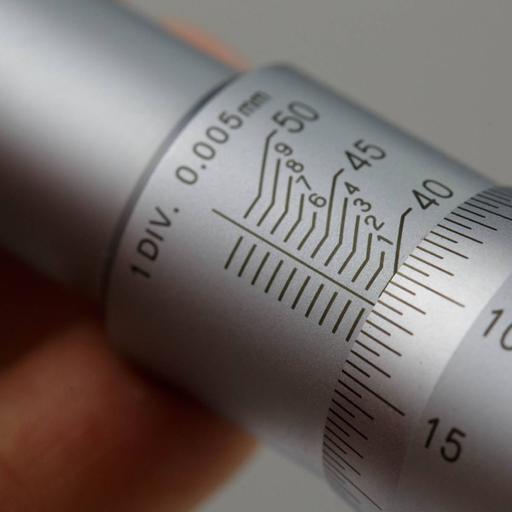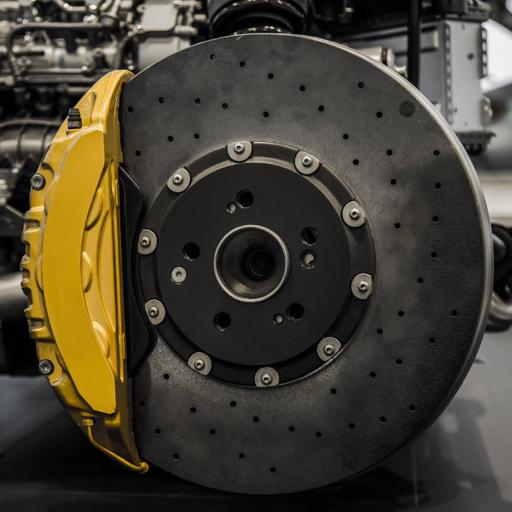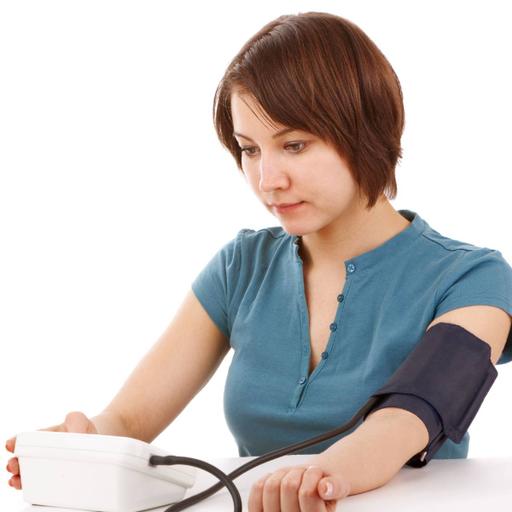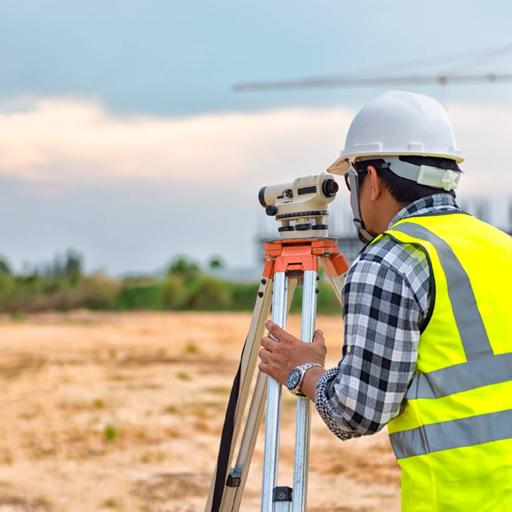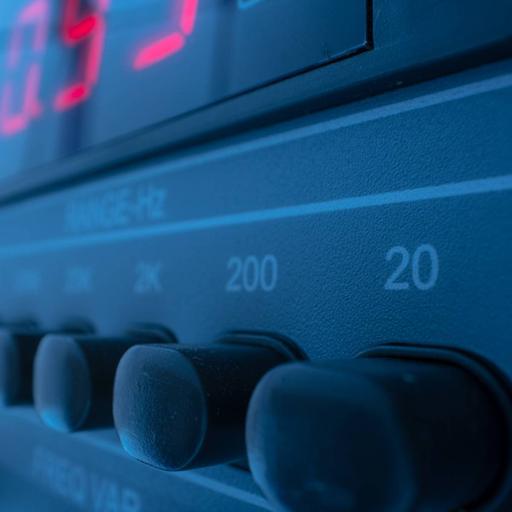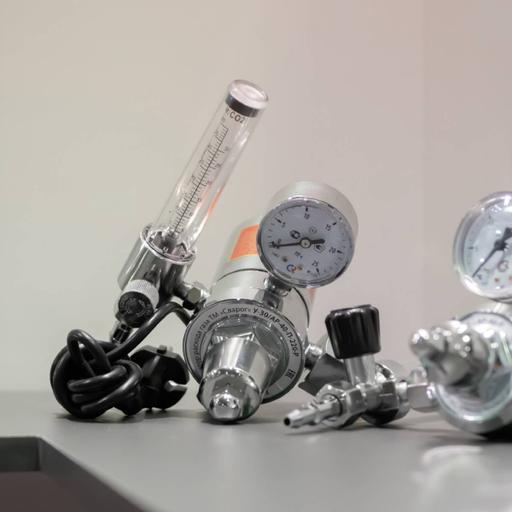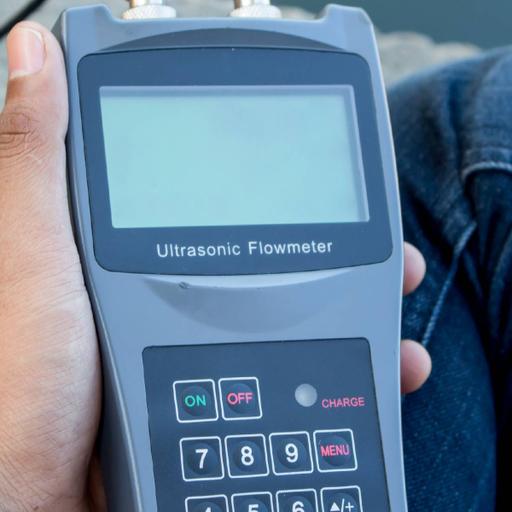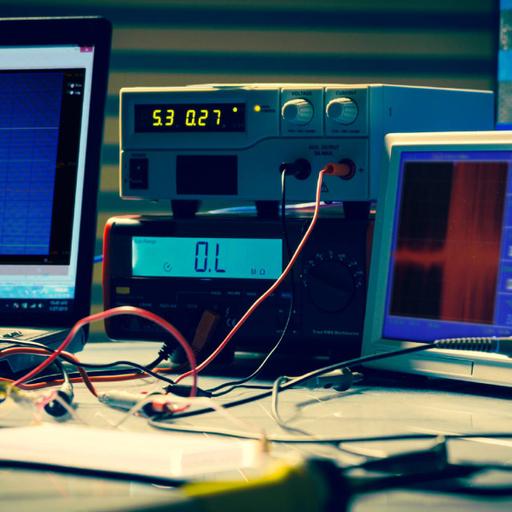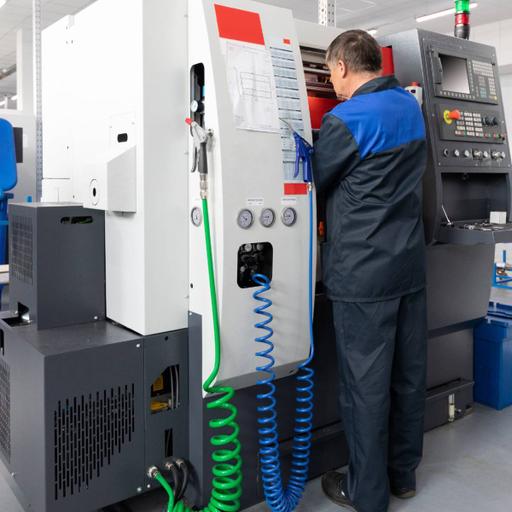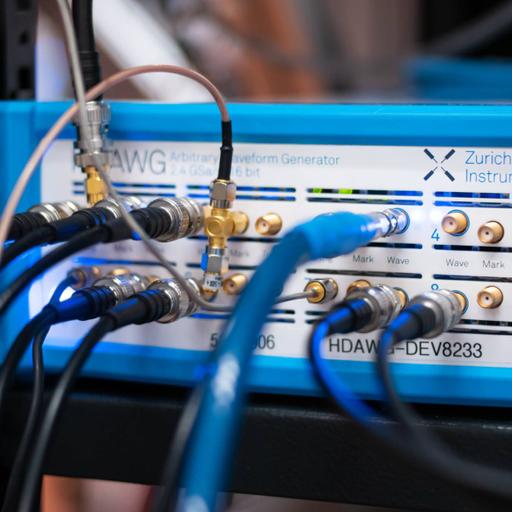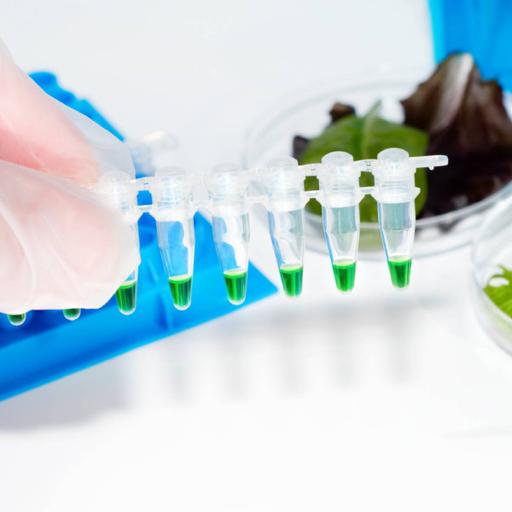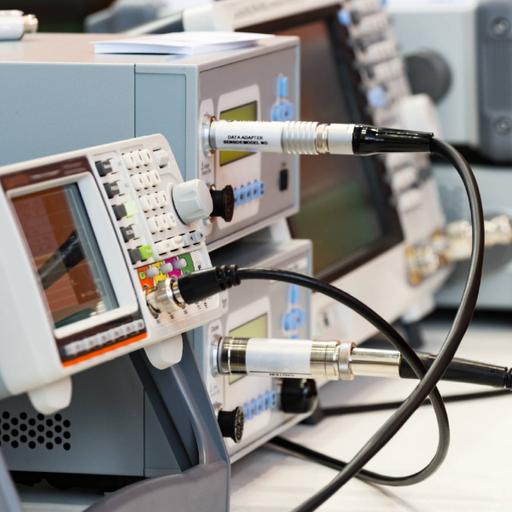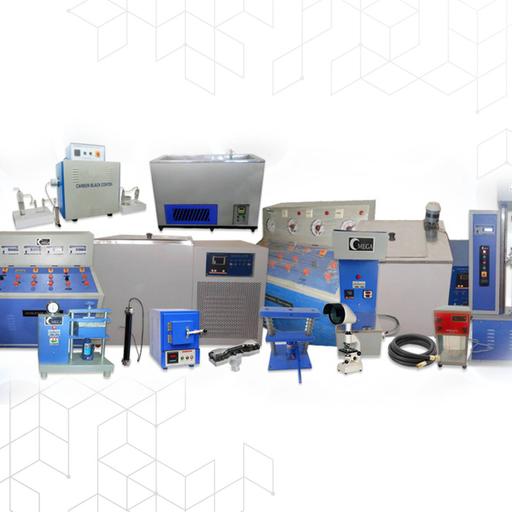Instrumentation
Instrumentation is a collective term for measuring instruments that are used for indicating, measuring and recording physical quantities. It can refer to devices as simple as direct-reading thermometers, or as complex as multi-sensor components of industrial control systems. Instrumentation engineering is the branch of engineering that specialises on the principle and operation of measuring instruments that are used in fields of design, configuration of automated systems in electrical, pneumatic domains, etc. It is the science of the measurement and control of process variables within a production or manufacturing area. They typically work for industries with automated processes, such as chemical or manufacturing plants, with the goal of improving system productivity, reliability, safety, optimization and stability. Instrumentation engineers are responsible for integrating the sensors with the recorders, transmitters, displays or control systems, and producing the piping and instrumentation diagram for the process. They may design or specify installation, wiring and signal conditioning. They may be responsible for commissioning, calibration, testing and maintenance of the system.
